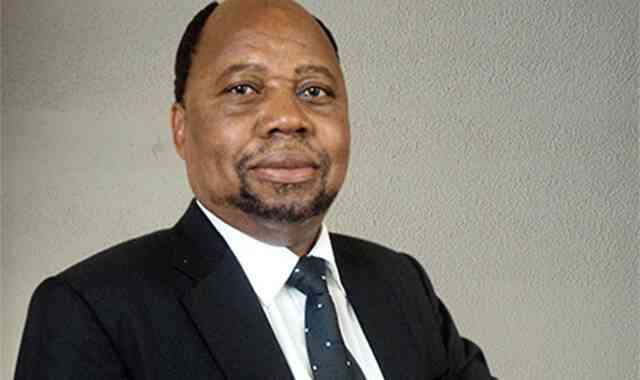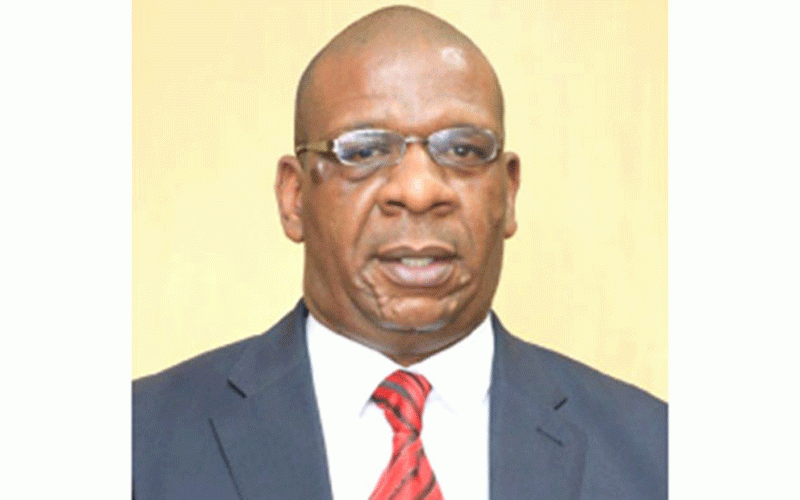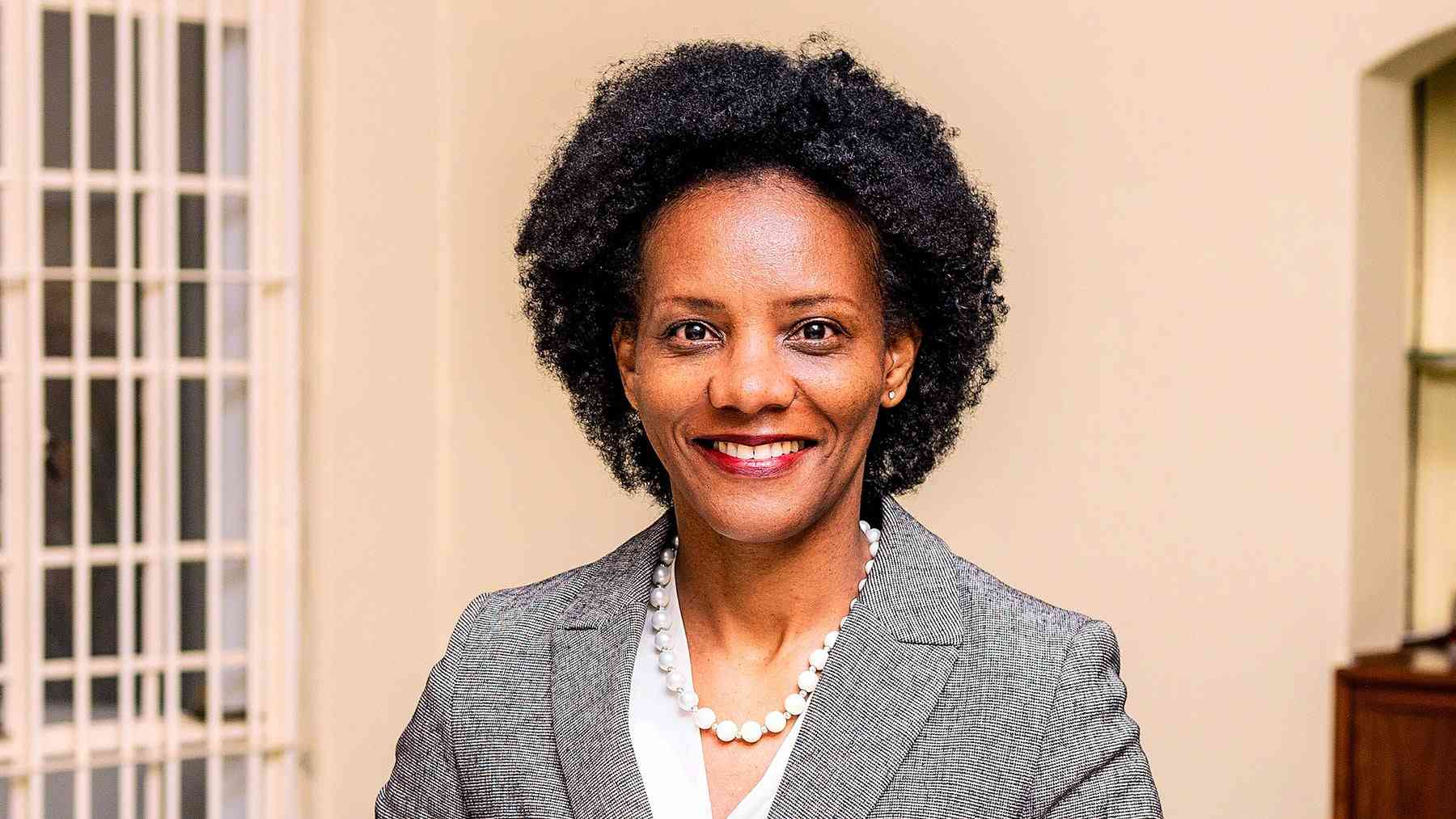
ZB Financial Holdings (ZBFH) is once again facing a shareholder revolt, this time centred on its external audit processes, as tensions with prominent investor Nicholas Vingirai boil to the surface over unresolved legacy issues and allegations of procedural irregularities.
Vingirai, founder of Transnational Holdings and a key player in Zimbabwe’s banking sector through his historical control of Intermarket Holdings, has accused ZBFH of disenfranchising him during its recent virtual annual general meeting (AGM). This week he warned of possible legal action following the reappointment of Ernst & Young (EY) as external auditors.
At the heart of Vingirai’s protest is EY’s alleged failure to disclose a complex and long-running shareholder dispute between Transnational and ZBFH — a matter he insists has material financial implications.
Transnational, which holds a substantial stake in ZBFH, had voted against EY’s reappointment, according to Vingirai, but says their objections were undermined by muted microphones during the virtual proceedings.
“We were in there as Transnational, to make sure people don’t continue (misleading) the investing public,” Vingirai said in an interview.
“As a shareholder, I have a right to call for the register and minutes to see what they have done. I havent done that yet.
“I own the business. So, I will follow the processes internally first. Depending on the outcome, certainly, if we have to, we will move that way because the court should be the final arbiter,” he added.
The latest flare-up traces its roots to a complex settlement agreement reached in 2016, following the government’s investigation into the seizure of Intermarket by the Reserve Bank of Zimbabwe in the early 2000s. That investigation, Vingirai maintains, vindicated him of any wrongdoing and recommended restitution, including the return of Intermarket and associated assets.
- Shareholders approve ZW$1.5bn dividend
- Editorial independence is sacrosanct at AMH
- ZB offers to buy out Masholds minorities
- Good times roll for ZB’s high net worth clients
Keep Reading
“Transnational, emphatically, has 33% direct shareholding in ZB and this is as a result of a 2016 Intermarket–ZBFH settlement, although Transnational was entitled to more,” Vingirai said.
“Actually, according to calculations, Transnational should have had 38,74% at the time. However, negotiations were entered into, and for the sake of progress, Transnational agreed to take 34% of that 38%. The 34% was negotiated again to 33%.”
This agreement was sealed during a high-level meeting in Cape Town involving Vingirai, Finance Minister Mthuli Ncube, and then Reserve Bank governor John Mangudya.
“I flew to Cape Town for that to happen after having been called by the Minister of Finance Mthuli Ncube, who was eager to conclude the resolution of the Intermarket–ZB dispute for the sake of the stability of the financial sector.”
After the meeting, instructions were issued for the transfer of a 33% stake in ZBFH to Transnational, part of which was to come from the government’s 24% holding and the rest from the National Social Security Authority (Nssa).
“The original settlement of this dispute was reached in 2015 following thorough investigations… The investigations, which fully exonerated Intermarket and myself of any externalisation allegations, culminated in a cabinet directive to return Intermarket to its founding shareholders,” Vingirai recalled.
That cabinet directive also addressed two farms that had been controversially acquired. But it was the shareholding that formed the centrepiece of the deal. A drawn-out negotiation followed, with Reserve Bank officials initially proposing only a 26% stake.
“The Reserve Bank was trying to say they were ‘comfortable’ with 26% for Transnational, and I said, no, I was not taking that. It’s not about being comfortable; you give me value for value… They don’t thumb suck!”
The eventual compromise included a reciprocal pre-emptive rights arrangement—Transnational would get 26% immediately, with the right to acquire the rest of its entitlement when Nssa sold its ZBFH shares.
“So, I am taking the pre-emptive rights and the 26%,” Vingirai said. “The minister said: ‘I need the two agreements on my desk within seven days.’ As you can see, seven days have become nine years!”
Since then, delays in implementing the agreements have frustrated Transnational, especially after learning that Nssa had disposed of its ZBFH shares.
“We have struggled to get the balance of the shares… And before we knew it, we heard that Nssa had sold its ZBFH shares to somebody else. And I am like, but you can’t do that,” he said.
ZBFH’s spokesperson had earlier told the Independent Vingirai controls 23,35% of the group, consistent with the company’s share register. But Vingirai disputes this, asserting that a valid settlement agreement transferred both “risk and profit” on the full 33% to Transnational from the date of signing.
At the time of publication, ZBFH general counsel Tinashe Masiiwa had not responded to inquiries on the matter.











